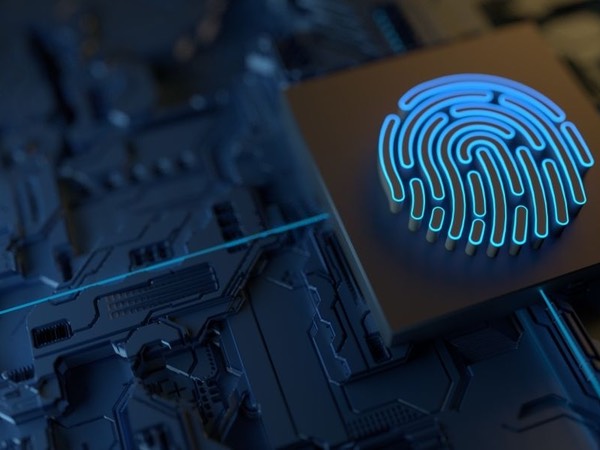It seems nowadays that data breaches are occurring so frequently that it’s almost becoming routine. The new norm perhaps? We hope not! Companies are being hacked more now than ever, and it’s likely that at some time or another you will find yourselves on the nasty side of a data breach.
Numerous companies are taking all the necessary steps to improve their security stance and better protect your information, but it’s going to take time to reach every organization. So far this year, major companies like Facebook, Panera Bread, Uber, and Under Armour’s My Fitness Pal are among some of the most significant data breaches reported. If you interact with any of these bigwigs online, chances are you’re a victim.
In 2016, over 87 million Facebook users had their personal data shared by Facebook to Cambridge Analytica, and unfortunately, you could most likely have been one of them. All of its users received a notice “Protecting Your Information” with a link showing them what apps they have and exactly what personal information was shared, and gave members the ability to shut off those apps independently or through the third-party entry.
The following year all customers who ordered food through Panera Bread’s website had rather vulnerable information like email and street addresses, their names, and the last four digits of the cards they used for payment stolen. They advised customers to check their credit and to continue monitoring it.
In 2015, Under Armour revealed that there had been a data breach, and by 2018 Armour’s app MyFitnessPal endured a huge blow when over 150 million users had their information impacted like usernames and passwords. Under Armour sent emails to consumers letting them know both times and urged them all to change their passwords.
Uber didn’t make their users aware that their private information had been breached until a year after they had coughed up $100,000 to hackers for 57 million users’ personal data. In 2017, they offered their drivers an entire year free of credit monitoring, but the customers that were impacted did not receive the same.
You need to know what to do when your personal information has been compromised. First, take a deep breath, don’t panic, and then follow these four steps right away!
Steps to take when your information has been exposed
1. Figure out how you’ve been affected
Do these thieves have access to your credit card number or your Social Security number? Or were they able to hack into one of your other financial accounts? Remember, the combination of your personal details increases your risk of potential fraud substantially. A lot more damage can be done if your date of birth, email address, and important passwords have been stolen. It’s vital to first find out the kind of security breach you’re dealing with, so you’ll be able to plan out your next course of action.
2. Change all of your passwords
As soon as you become aware that any of your accounts have been compromised; change those passwords right away. Also, change the passwords of your other accounts as well since you probably have the same password for multiple accounts. Ideally, you’re going to want to use different passwords for each of your accounts. Yes, it may be a lot of passwords to keep up with, but you can use a password management tool to help. Better safe than sorry! Be sure that you use different credentials for that, too!
3. Find out if the breached companies can help you
It’s a major headache for both consumers and the companies that are involved in data breaches. In these instances, it’s a good idea to find out what companies’ executives are willing to do for you in alleviating the situation. In most cases, businesses will offer free credit monitoring services, so their data breached victims can avoid fraud and identity theft. If the company that’s been hacked is providing you this incentive, make sure that you can check your credit files from all three of the credit reporting agencies.
4. Check all your financial affairs
Since many people receive bank statements online, we tend to not look at them as often as we should. Always have a good idea of the transactions as well as the money that’s coming in as well as leaving your account. That way when there is fraudulent activity, you’ll be able to pick up on it right away and reach out to notify your banking institution. This goes double for all your credit card accounts.
Also, fraud alerts are something worth considering, because it will make it just that much harder on an identity thief to open a fraud account in your name, since verification will be required. Last but not least: Be sure to review your credit report/rating on a regular basis.
Data breach incidents are going to continue to happen, and you must take action right away and remain vigilant when it comes to your personal data. You may not notice the immediate anomalies, but your compromised data could be used months or even years down the road. Remember, it’s out there!



